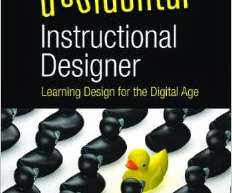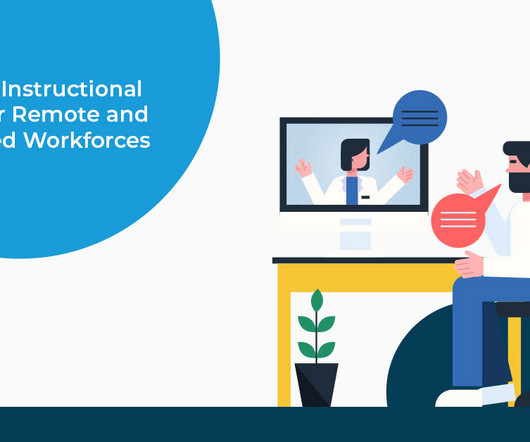Cognitive Learning: How to Use It, Benefits and Examples
Academy of Mine
NOVEMBER 14, 2020
The problem with this style of learning is that it sometimes results in learners memorizing answers solely to complete a course. That’s where Cognitive Learning Theory (CLT) comes into play – by focusing on individuals’ backgrounds and experiences as opposed to just grading for correctness.






















Let's personalize your content